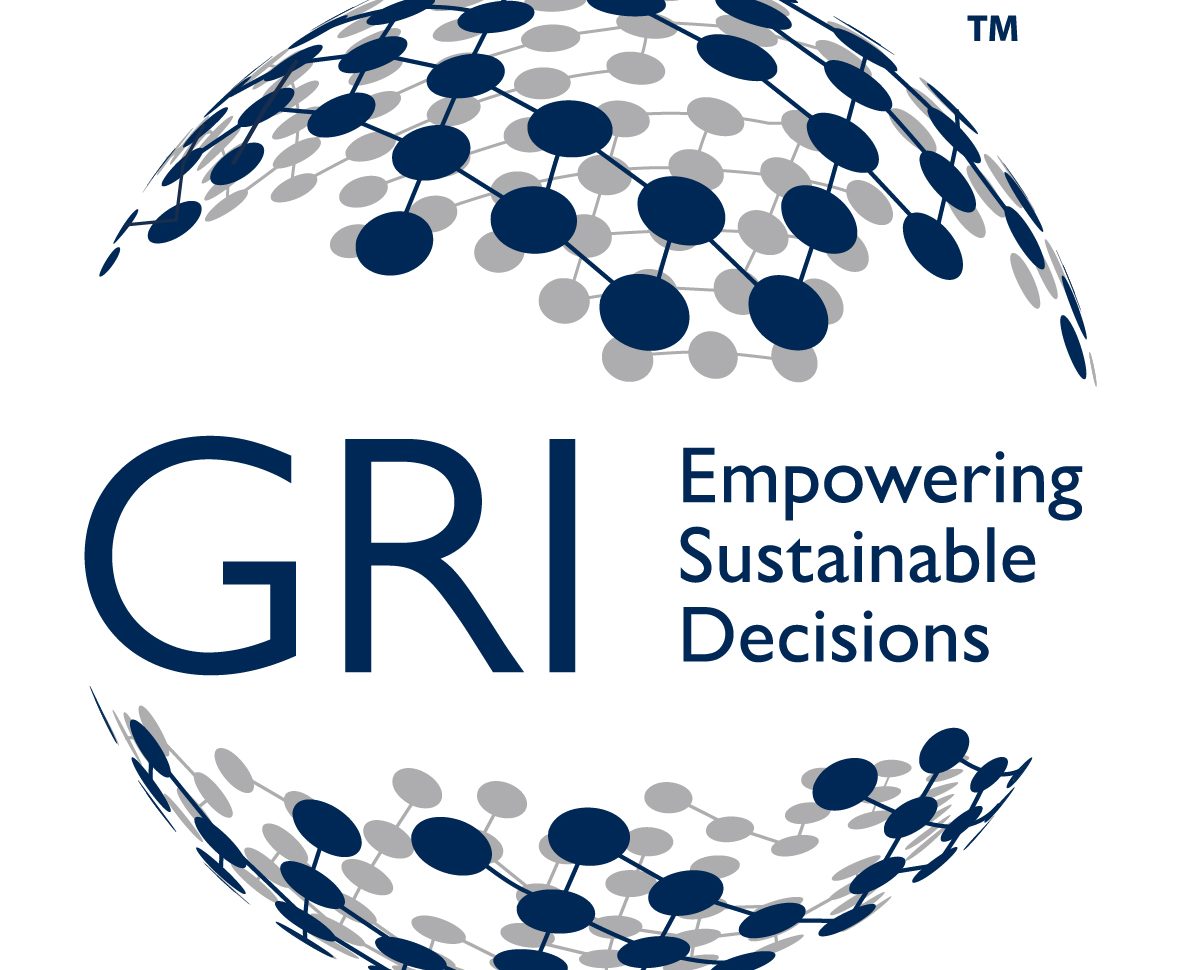
C3S: July 22 hottest day in recent history
July 22 was the hottest day on earth in recent history, according to the Copernicus ...

Two new standards of the Global Reporting Initiative (GRI) are expected to be issued in early 2024 in the field of biodiversity and mining.
The two new standards have been approved by the Global Sustainability Standards Board (GSSB) during its last week and will now progress to the Due Process Oversight Committee for a final assessment.
The new year will also see two recently introduced GRI Standards come into effect; GRI 13: Agriculture, Aquaculture and Fishing Sectors and GRI 12: Coal Sector. This will mean that any organizations reporting in accordance with the GRI Standards, and operating in these sectors, will be required to use them from 1 January 2024.
The conclusion of COP28, and the debate on ‘phasing out’ fossil fuels, once again makes it abundantly clear why the world needs much greater transparency on the impacts of organizations related to climate change, and how they are managing them. To address this, the GSSB approved a proposed GRI Climate Change Standard, now out for public comment.
This overview shows the Standard’s main elements and how they enable greater transparency on organizations’ targets to phase out fossil fuels as well as the impacts of transition and adaptation plans and GHG removals and carbon credit projects on people such as workers, and communities, and on the environment.
Harold Pauwels and Margherita Barbieri from the Standards Division were on the ground at COP to engage with stakeholders and communicate about the key role of the GRI Standards in climate reporting.
July 22 was the hottest day on earth in recent history, according to the Copernicus ...
Google has engaged in partnership with DHL to utilize the DHL Express GoGreen Plus service ...
Mars has announced registering a record 8% greenhouse gas (GHG) emissions reduction against its 2015 ...


اترك تعليقا